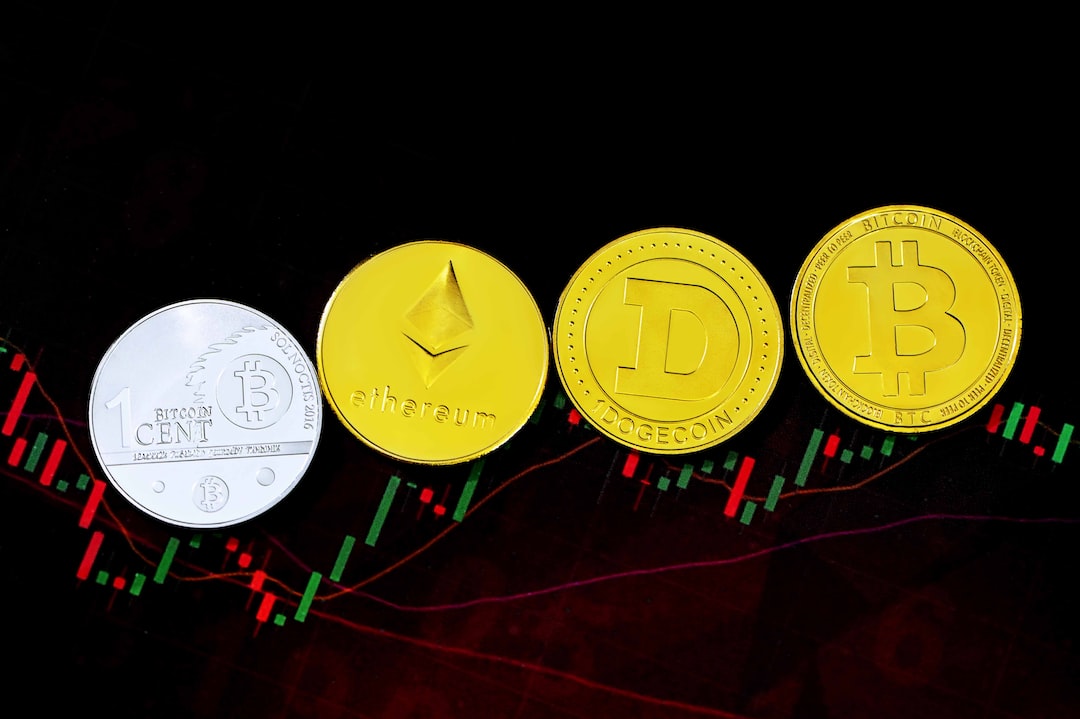G20 Nations Accelerate Cross-Border Crypto Framework
The G20 nations are ramping up efforts to establish a cross-border framework for crypto assets. During a two-day summit in New Delhi, the leaders agreed to enhance information exchange between countries by 2027. This move aligns with India’s G20 Presidency, which emphasizes global coordination. Additionally, the summit endorsed recommendations from the Financial Stability Board (FSB) to regulate and supervise crypto-assets and stablecoin arrangements. These recommendations aim to bring cryptocurrencies under a regulatory framework similar to traditional banking.
Crypto-Asset Reporting Framework (CARF)
The Crypto-Asset Reporting Framework (CARF), introduced by the Organization for Economic Cooperation and Development (OECD), will play a crucial role in this initiative. CARF aims to provide tax authorities with greater visibility into cryptocurrency transactions and beneficiaries. Under this framework, countries will automatically share information on crypto transactions, covering even those occurring on unregulated platforms. This regulatory change will impact two-thirds of the world’s population residing in G20 countries.
EU Sets Disclosure Standards
The European Union has already taken steps to align with CARF by approving updated rules in May. These rules facilitate automated information sharing between European governments and require detailed beneficiary information for digital asset transfers, including distributed ledger addresses. Furthermore, Finance Ministers and Central Bank Governors will discuss further steps in October 2023, and the IMF and FSB are collaborating to develop a globally coordinated regulatory framework for crypto assets.
Hot Take
The G20’s commitment to implementing a cross-border framework for crypto assets is a significant development in the regulation of cryptocurrencies. By enhancing information exchange and aligning with global standards, this initiative aims to bring cryptocurrencies under a regulatory umbrella to mitigate risks and ensure transparency. The involvement of major economies like the EU and India demonstrates the growing recognition of the need for coordinated efforts in regulating this emerging asset class.





 By
By
 By
By
 By
By

 By
By